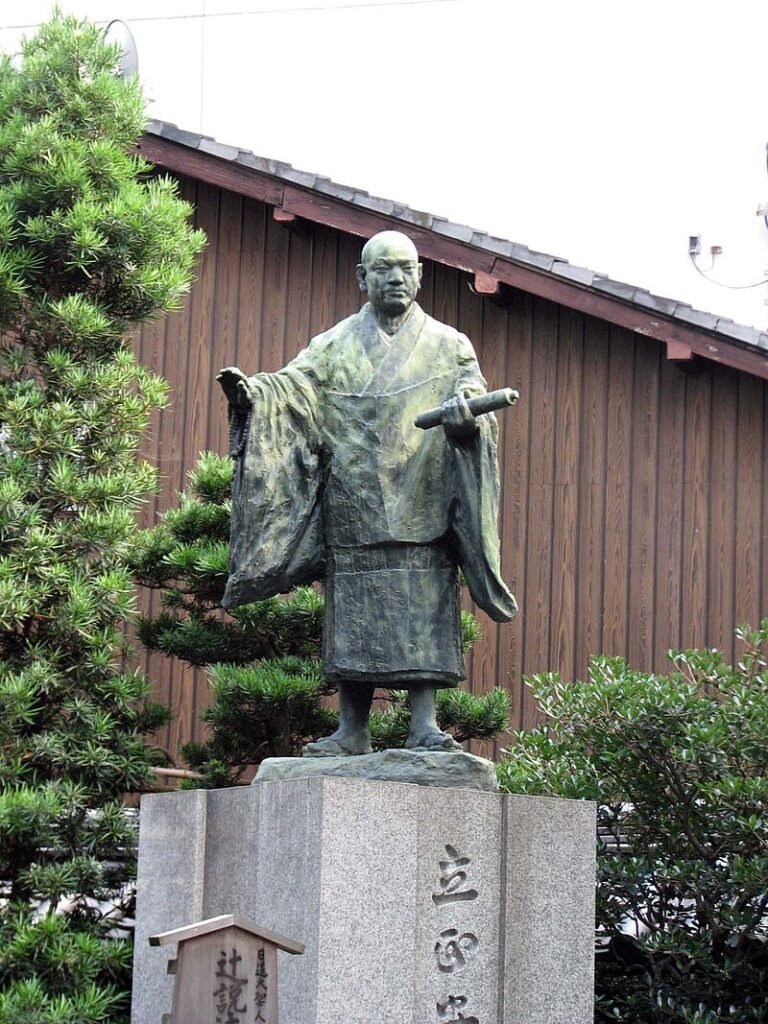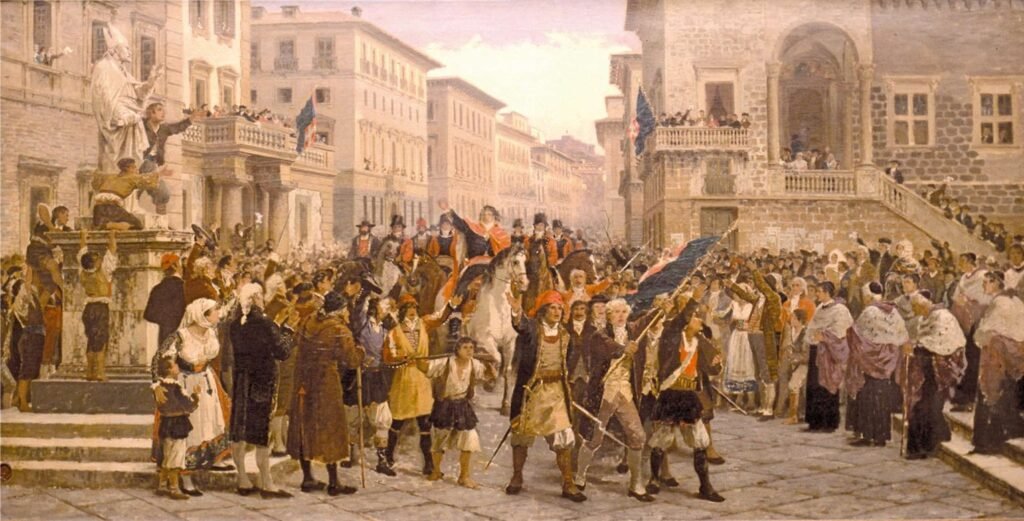Chronos, Kairos and Aion are the three deities of time, events and epic destinies. Here is the multi-religious and multicultural calendar!
Find us on our website Mythology and Legend, on Facebook and on instagram !

The schedule in brief from D-2 to D+5
- April 26, 2024,: Our Lady of Good Counsel
- April 27, 2024: Floralia
- April 27, 2024,: Our Lady of Montserrat
- April 27, 2024: Saturday of Lazarus
- April 28, 2024, : Nichiren
- April 28, 2024, : Sa die de sa Sardigna
- April 29, 2024, : Golden week
- April 30, 2024: Walpurgisnacht
- May 1, 2024, : Barrin ar mae
- May 1, 2024, : Beltaine
- May 1, 2024: Bona Dea
- 1 May 2024, : Calan Mai
- May 1, 2024: Dziady
- May 1, 2024: Fukuno Yotaka
- May 1, 2024: Lei Day
- May 1, 2024, : Mayades
- May 1, 2024, : Moatsu Mong
- May 1, 2024, : Lily of the valley in May
- May 1, 2024: Saint Jeremiah
- May 2, 2024, : Dziady
- May 2, 2024: Noumenia
- 3 May 2024, : Hakata Dontaku
- 3 May 2024, : Jour de la Croix
- 3 May 2024, : Saint Philippe l'Apôtre et Saint Jacques le Mineur
The complete interactive calendar
April 28, 2024
Nichiren
April 28, 2024

Today, Buddhists commemorate Nichiren. He was a Japanese Buddhist monk from the Kamakura era who founded the Mahayana school of Japan on April 28, 1253. His school stood out from other Buddhist movements from its creation by the domination in its teaching of the Lotus Sutra. He is also known for revolutionizing the position of women in Japan thanks to his very feminist positions at the time. #mythology #myth #legend #calendar #April 28 #Nichiren
His death of his Sardigna
April 28, 2024

Today, Sardinians celebrate Sa die de sa Sardigna, Sardinia Day. After an insurrection, on April 28, 1794 his dii de s'aciappa took place. Piedmontese officials are being hunted down, to flush them out, the locals ask people to say "chickpea" (nara cixiri) in Sardinian, very difficult for continentals to say. #mythology #myth #legend #calendar #April 28 #Sardinia #Sardigna
Multicultural and multi-religious almanac
An almanac is a calendar showing the main dates of the calendar, the religious holidays, bearing ephemerides such as the phases of the moon or the duration of the days (lunar and solar calendars).
A calendar is a system for marking dates according to time. Such a system was invented by men to divide and organize time over long periods. The observation of the periodic phenomena of the environment in which they lived — such as the daily movement of the shadow, the return of the seasons or the lunar cycle — served as the first references for organizing the agricultural, social and religious life of societies.
The calendar used today in most of the world is the Gregorian calendar. In everyday language, an ephemeris designates what happens daily; the ephemeris of the day is the list of the significant events of this day.